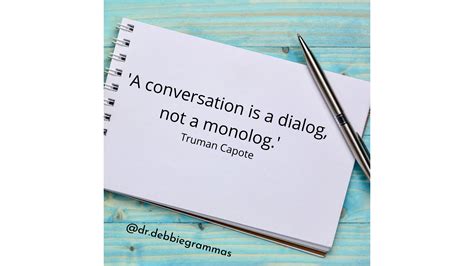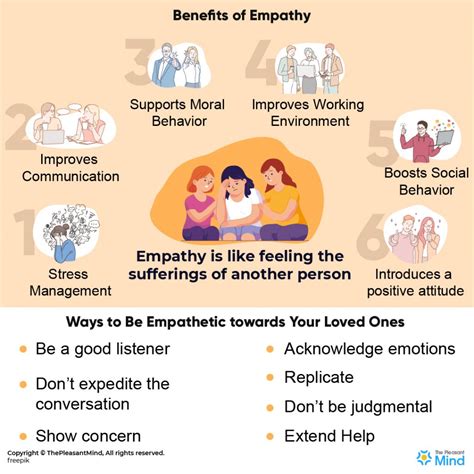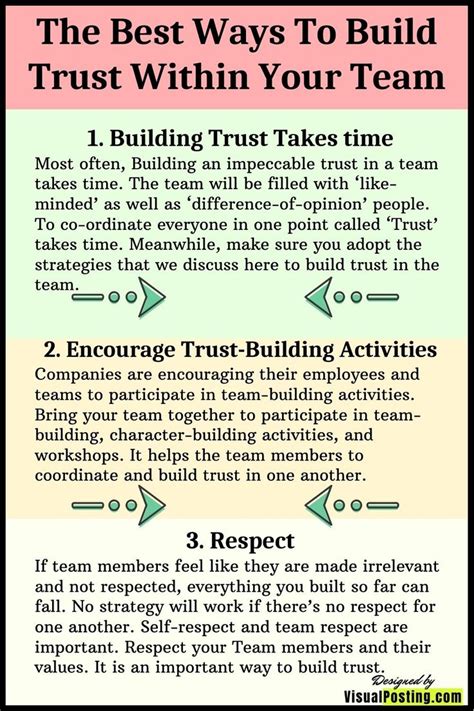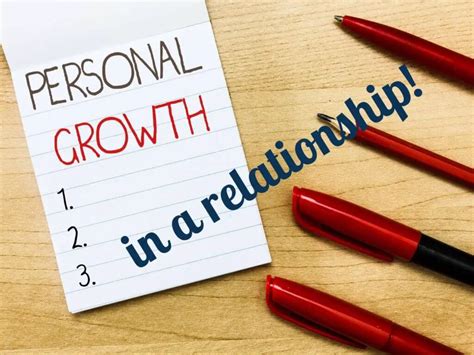In the whirlwind of professional commitments and daily responsibilities, busy men often find themselves short on time and mental bandwidth. Yet, nurturing a strong, understanding relationship with their partner is paramount for overall well-being. The key to truly understanding a partner’s needs lies not just in hearing, but in actively listening – a skill that can transform interactions from superficial exchanges to deeply connecting moments, even amidst a hectic schedule.

Why Active Listening Matters More Than You Think
Active listening is more than just waiting for your turn to speak. It’s about fully engaging with your partner, absorbing their words, understanding their emotions, and showing genuine empathy. For busy men, this skill is especially crucial because it allows for efficient and effective communication, preventing misunderstandings that can escalate into larger conflicts and waste even more precious time. It fosters trust, strengthens emotional bonds, and ensures both partners feel valued and heard, even when face-to-face time is limited.

Practical Strategies for Busy Men
Cultivating active listening habits doesn’t require a complete overhaul of your schedule, but rather a conscious shift in approach during your interactions. Here are actionable strategies:
1. Create Dedicated Listening Time
- Schedule It, Briefly: If full evenings are rare, designate even 10-15 minutes a day specifically for connecting. This could be during breakfast, a commute, or right before bed. Let your partner know this is their time to share.
- Quality Over Quantity: A short, focused conversation where you’re fully present is far more valuable than hours of distracted “listening.”
2. Minimize Distractions
- Put Devices Away: Phones, tablets, and even the TV are massive barriers to active listening. Silence notifications, turn screens off, and place them out of sight.
- Choose the Right Environment: If possible, move to a quieter space where you won’t be interrupted by work emails or household tasks.

3. Practice Reflective Listening
- Paraphrase and Summarize: After your partner speaks, briefly rephrase what you’ve heard in your own words. “So, what I’m hearing is that you feel overwhelmed by X because of Y, is that right?” This clarifies understanding and shows you were paying attention.
- Ask Clarifying Questions: Instead of making assumptions, ask open-ended questions like, “Can you tell me more about that?” or “How did that make you feel?”
4. Observe Non-Verbal Cues
- Pay Attention to Body Language: A sigh, folded arms, averted gaze, or a tense posture can communicate volumes beyond words. Connect their verbal message with their physical one.
- Listen to Tone of Voice: The way something is said (e.g., frustrated, sad, excited) is often as important as the words themselves.

5. Validate Feelings, Don’t Fix Immediately
- Empathize First: Often, partners just want to be heard and understood, not to have their problems solved. Respond with empathy: “That sounds incredibly frustrating,” or “I can see why you’d feel that way.”
- Resist the Urge to Problem-Solve: Unless explicitly asked for advice, focus on acknowledging their emotions before jumping into solutions. Ask, “Are you looking for a solution, or do you just want me to listen?”
6. Be Present and Patient
- Avoid Interrupting: Let your partner finish their thoughts completely. Interrupting sends the message that your thoughts are more important than theirs.
- Manage Your Own Reactions: Try not to get defensive or formulate your response while they’re still speaking. Focus solely on understanding.
Making it a Habit
Like any skill, active listening improves with practice. Start small, perhaps by consciously applying one or two of these strategies during your next conversation. Be patient with yourself and your partner as you both adjust. The effort you invest in truly understanding your partner will pay dividends in the form of a more resilient, intimate, and fulfilling relationship.

For busy men, mastering active listening isn’t about finding more hours in the day; it’s about making the most of the time you do have. By intentionally creating space for genuine connection, minimizing distractions, and practicing empathetic engagement, you can move beyond just hearing words to truly understanding your partner’s deepest needs and strengthening the foundation of your relationship.




